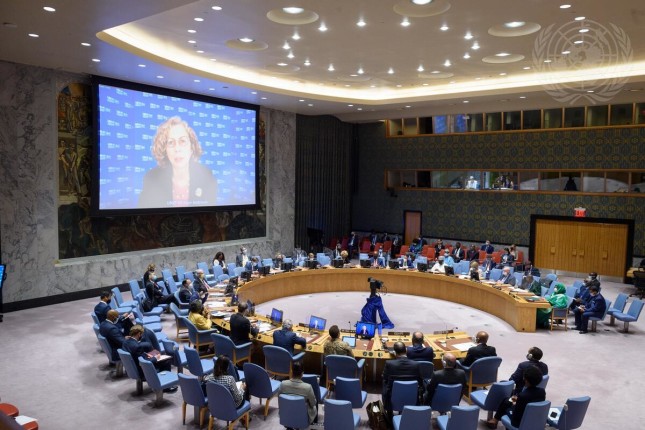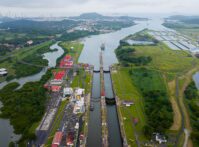-
Top 5 Posts for July 2022
August 19, 2022 By Yiran Ning
July’s top post explored why water diplomats should revisit the realist perspective when interrogating leadership styles, cultural differences, and knowledge sharing involved in water disputes and cooperation. Over the past decade, diplomacy initiatives to address transboundary water conflicts have been frustratingly “power-shy,” write Sumit Vij, Jeroen Warner, Mark Zeitoun, and Christian Bréthaut. Multilateral institutions like the United Nations should instead address the power dynamics embedded in such disputes by engaging in track 2 (informal interaction between lower-ranking officers of both sides) or track 3 (facilitating interaction and understanding between communities) diplomacy.
In July’s second top post, Josh Busby reflects on two decades of scholarship that culminate in his latest book, States and Nature: The Effects of Climate Change on Security. The book aims to provide both academics and policymakers a more in-depth analysis of the causal relationship between climate change and security problems, and how to potentially intervene for preventative action. States that faced climate-related security problems have three common characteristics, suggests Busby: inadequate provision of public services, discriminatory political institutions, and obstruction of foreign aid. Greater political and social inclusion are therefore key to more effective climate responses.
On July 11th, Kathleen Mogelgaard marked World Population Day with the month’s third top post, which recognized the importance of World Population Day (July 11) in illuminating persistent inequities. Mogelgaard unpacks the distinct regional trends behind the global statistics—the lack of reproductive rights in Angola, Burundi, and Uganda, gender inequity in the Sahel, and the high maternal mortality rates of Indigenous women in Guatemala—to highlight the intersections between high population growth and health and gender injustices. These trends reveal urgent and long-overdue needs to secure a more just and sustainable future—from greater investments in education and public health to the expansion of individual rights.
July was also the month that the U.S. Environmental Protection Agency (EPA) had originally planned to take down its online archive. In another top post, Rachel Santarsiero makes a powerful case against this move, highlighting the value of the archive, however imperfect in its current state, in providing accessibility and transparency to the EPA’s work for the American public. Such accessibility is crucial for public efforts to analyze the agency, trace its investigation and enforcement histories, and provide meaningful contexts for future actions. This is especially true considering the increasing reliance on digital platforms, and particularly for the work of marginalized or environmental justice communities.
And in the final top post of the month, Whit Henderson tackles the solar geoengineering debate, arguing that the National Academy of Sciences’ governing principles for responsible research into geoengineering are insufficient to embrace the technology’s development and deployment. History warns that principles and regulations that seek to guide the use of powerful new technology are often dwarfed by domestic political conditions and economic and geopolitical concerns.
- Water Diplomacy can Learn from Realist Ideas, by Sumit Vij, Jeroen Warner, Mark Zeitoun & Christian Bréthaut
- Exploring Climate Security: Why Bad Outcomes Occur in Some Places and Not Others, by Josh Busby
- World Population Day Shines a Spotlight on Inequities, by Kathleen Mogelgaard
- Delaying the Inevitable? The Uncertain Future of the EPA’s Online Archive, by Rachel Santarsiero
- Responsible Research Won’t Be Enough to Control Solar Geoengineering, by Whit Henderson
Topics: What You Are Reading
 A Publication of the Stimson Center.
A Publication of the Stimson Center.







